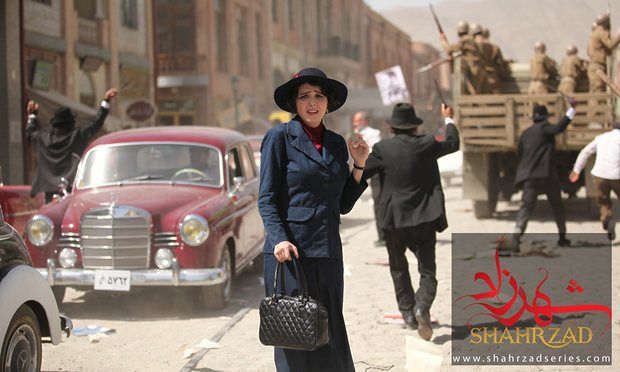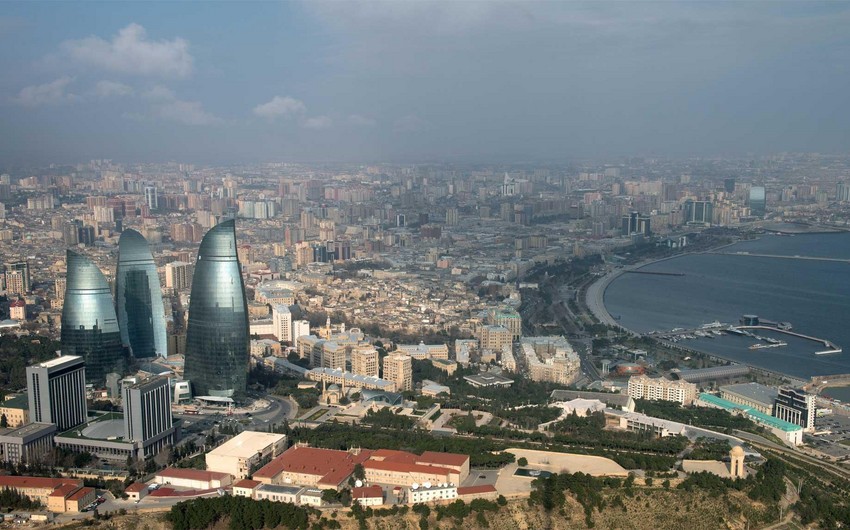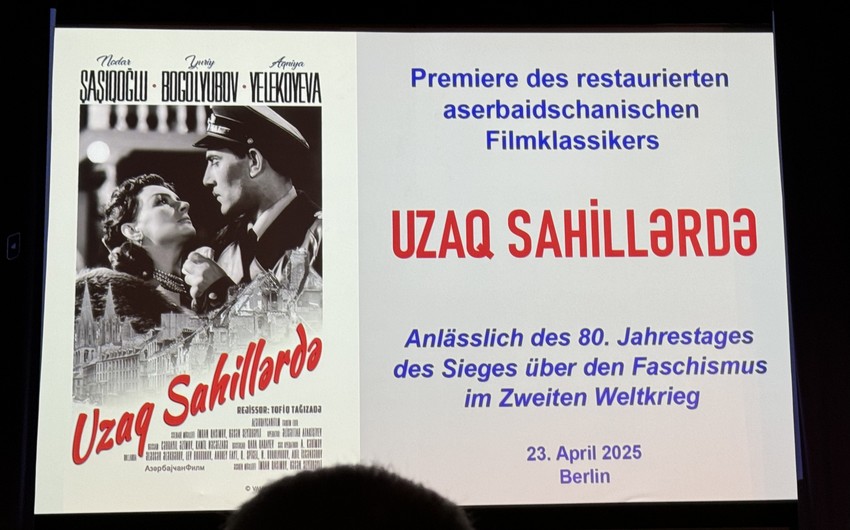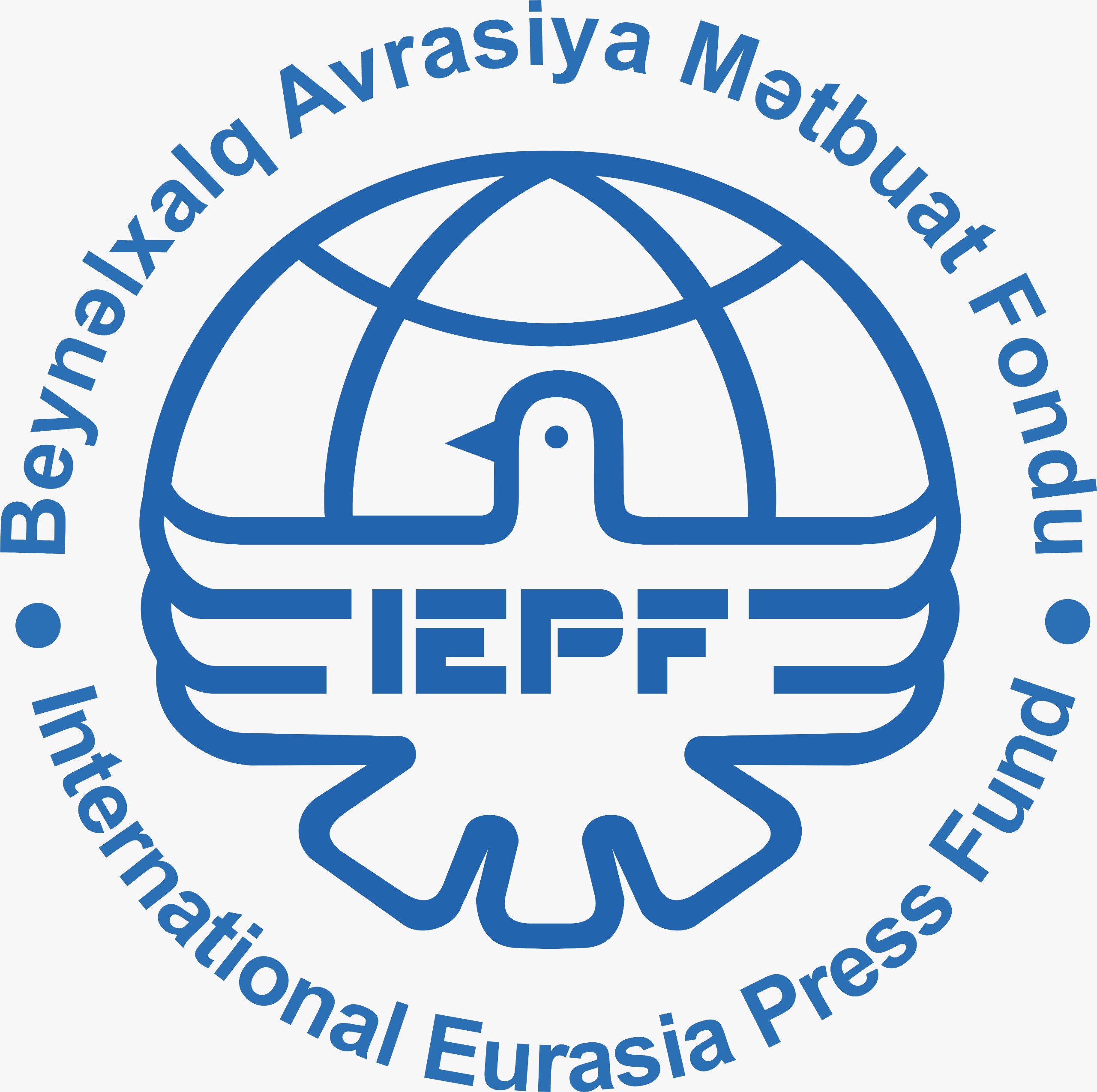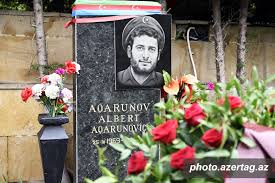Iran's 1950s-style, brought back to life in the online TV series Shahrzad is the most expensive production of its kind in the country. Once a week, when a new episode is released, the show has the whole nation glued to their screens.
Netflix may not have yet infiltrated Iranian households, but its style of gripping filmmaking has. Shahrzad is drawing huge audiences in a country where independent online series, produced privately, are becoming increasingly popular as people turn their backs on tightly controlled state television for online substitutes or illegal satellite channels.
Like most films made in Iran, Shahrzad has already been approved by the censors – every single scene, each dialogue and costume has been carefully examined to make sure it adheres to the norms. The result, however, is a series that treads a fine line, even even at times showing the generally unshowable, such as women singing.
And out of a depiction of Iran under the late shah’s despotic rule comes a drama that draws many parallels to politics in the country today.
Directed by Hasan Fathi and written jointly with playwright and university professor Naghmeh Samini, Shahrzad is the story of a love broken apart by events in the aftermath of the 1953 coup that overthrew the democratically elected prime minister, Mohammad Mosaddeq.
The series portrays the repression that took place at the hands of the shah’s forces, with journalists and intellectuals summoned, intimidated or jailed arbitrarily and newspaper licences revoked. Those scenes strike a chord in today’s Iran, in the light of more recent crackdowns against journalists and activists, especially after the 2009 post-election unrest.
Shahrzad is not solely critiquing Iran’s past politics, but also subtly highlighting beliefs and norms considered wrong and anachronistic that are nonetheless still present in Iranian lives. Striking, too, is the fact that some of its characters, such as Bozorg-Agha, who is allied to the shah, are not depicted in an unambiguously negative way.
The success of Shahrzad comes at a time when Iran’s fight against illegal satellite dishes appears to have been lost. Turkish soap operas, transmitted by companies such as Dubai-based GEM TV, are extremely popular in the country, where Farsi-dubbed versions showing love triangles, such The Tulip Age, are even available on USB sticks.
Saeed Kamali Dehghan by the Guardian

